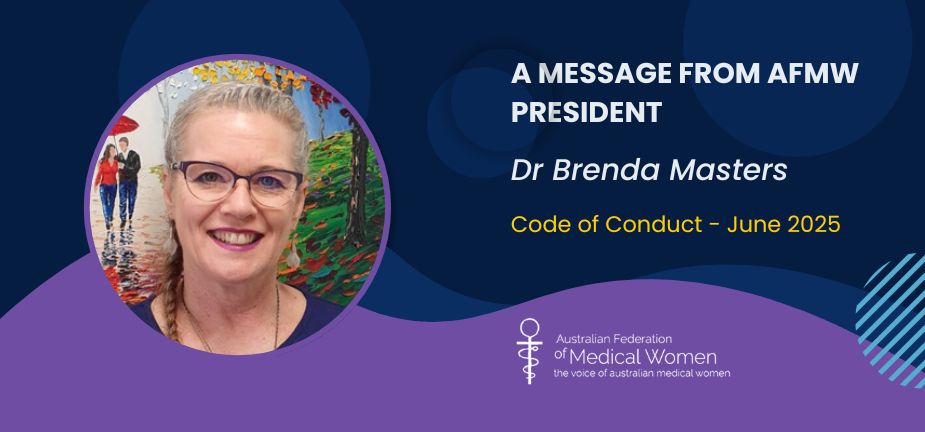In this article, originally published by The Sydney Morning Herald, I discuss how publicly funded genital surgery was just “the tip of the iceberg”.
———————-
Women are being “upsold” invasive genital surgeries by unscrupulous cosmetic clinics that do not properly inform them about the risks, or whether the surgery is even necessary, health experts say.
While data shows public health authorities have managed to lower rates of publicly funded labiaplasty, which involves cutting away parts of the labia minora, the private sector is still a “wild west”, according to clinicians working in the area.
The Royal College of General Practitioners in July released a new guide for doctors on treating patients who request genital surgery, including recommending that they be directed to images of female genitalia that have not been digitally altered, such as the online database The Labia Library (note: link contains images of labia).
It also warns purely cosmetic female genital surgery could actually fit the legal criteria for female genital mutilation, a religious and cultural practice among some groups that is banned across Australia.
Medicare data shows a 28 per cent decline in the number of subsidised labiaplasties in the past financial year, after new rules were put in place to ensure women were not undergoing the procedure unnecessarily.
Women who apply to have publicly funded labiaplasty must now provide an expert review panel with photographs of their genitalia, so they can be assessed for unusual physical symptoms that need repair, or told that they fall within the range of normal variation.
Magdalena Simonis, who wrote the college guidelines, said publicly funded genital surgery was just “the tip of the iceberg”.
“Private cosmetic surgeons don’t need to list their data and they don’t,” she said. “There are some plastic surgeons who say they see 100 patients a year, but then there are big cosmetic franchises who say they are doing thousands.”
While plastic surgeons must undergo years of training to qualify, cosmetic procures are less regulated and may be done by practitioners with varying levels of training and expertise.
Dr Simonis said it was questionable whether all women undergoing genital surgery were actually being given the information about the range of appearances that were normal, and the risks of surgery, which they needed to give informed consent.
“If she doesn’t get that information from her doctor, she’s going to get it from the internet.”
Some of the clinicians that are performing these surgeries are not acting in the best interests of patients
Dr Magdalena Simonis
In some cases, women were being pressured into more extensive surgery to the clitoral hood because doctors had removed so much of their labia that they needed to “balance” out the other areas.
“Some of the clinicians that are performing these surgeries are not acting in the best interests of patients,” she said.
Frances D’Arcy-Tehan, a counselling psychologist and clinical sexologist who is completing a PhD at the University of Sydney on genital perceptions and surgery among Australian women, said it was strange that female genital mutilation was banned, but genital cutting was OK for “Susie from North Sydney”.
“I don’t think women here are really getting the full story,” she said. “This [surgery] is still for cultural reasons, but it’s just for an ideal image [rather than religion].”
She said many patients were not warned that cutting their labia could reduce sexual functioning.
“The labia minora is a highly erotic and sensitive tissue and it’s important for arousal,” she said. “It’s normal to have protrusion and when you are aroused, it actually gets engorged”.
Ms D’Arcy-Tehan said the surgery industry was a “wild west” and there were anecdotal reports of women seeking repairs for botched treatment.
She said women might seek the surgery so they could participate in transient fashion trends for tight clothes or small bikinis, because they had removed their pubic hair and were uncomfortable with the sight of their labia, or because they or their partner had only seen highly stylised labia depicted in pornography.
“One study found about 30 per cent of women who had labiaplasty were teased by their boyfriend about the appearance of their labia,” she said.
Originally published: www.smh.com.au/healthcare/labiaplasty-like-female-genital-mutilation-doctors-not-upselling-to-more-invasive-surgery-and-not-informing-patients-of-what-is-normal-20150828-gjacjt.html
photo credit:LOUIE DOUVIS
Associate Professor Magdalena Simonis AM is a Past President of the AFMW (2020-2023), former President of VMWS (2013 & 2017-2020) and current AFMW National Coordinator (2024-2026). She is a full time clinician who also holds positions on several not for profit organisations, driven by her passion for bridging gaps across the health sector. She is a leading women’s health expert, keynote speaker, climate change and gender equity advocate and government advisor. Magda is member of The Australian Health Team contributing monthly articles.
Magdalena was awarded a lifetime membership of the RACGP for her contributions which include past chair of Women in General Practice, longstanding contribution to the RACGP Expert Committee Quality Care, the RACGP eHealth Expert Committee. She is regularly invited to comment on primary care research though mainstream and medical media and contributes articles on various health issues through newsGP and other publications.
Magdalena has represented the RACGP at senate enquiries and has worked on several National Health Framework reviews. She is author of the RACGP Guide on Female Genital Cosmetic Surgery and co-reviewer of the RACGP Red Book Women’s Health Chapter, and reviewer of the RACGP White book
Both an RACGP examiner and University examiner, she undertakes general practice research and is a GP Educator with the Safer Families Centre of Research Excellence, which develops education tools to assist the primary care sector identify, respond to and manage family violence . Roles outside of RACGP include the Strategy and Policy Committee for Breast Cancer Network Australia, Board Director of the Melbourne University Teaching Health Clinics and the elected GP representative to the AMA Federal Council. In 2022. she was award the AMA (Vic) Patrick Pritzwald-Steggman Award 2022, which celebrates a doctor who has made an exceptional contribution to the wellbeing of their colleagues and the community and was listed as Women’s Agenda 2022 finalist for Emerging Leader in Health.
Magdalena has presented at the United Nations as part of the Australian Assembly and was appointed the Australian representative to the World Health Organisation, World Assembly on COVID 19, by the Medical Women’s International Association (MWIA) in 2021. In 2023, A/Professor Simonis was included on the King’s COVID-19 Champion’s list and was also awarded a Member (AM) in the General Division for significant service to medicine through a range of roles and to women’s health.










